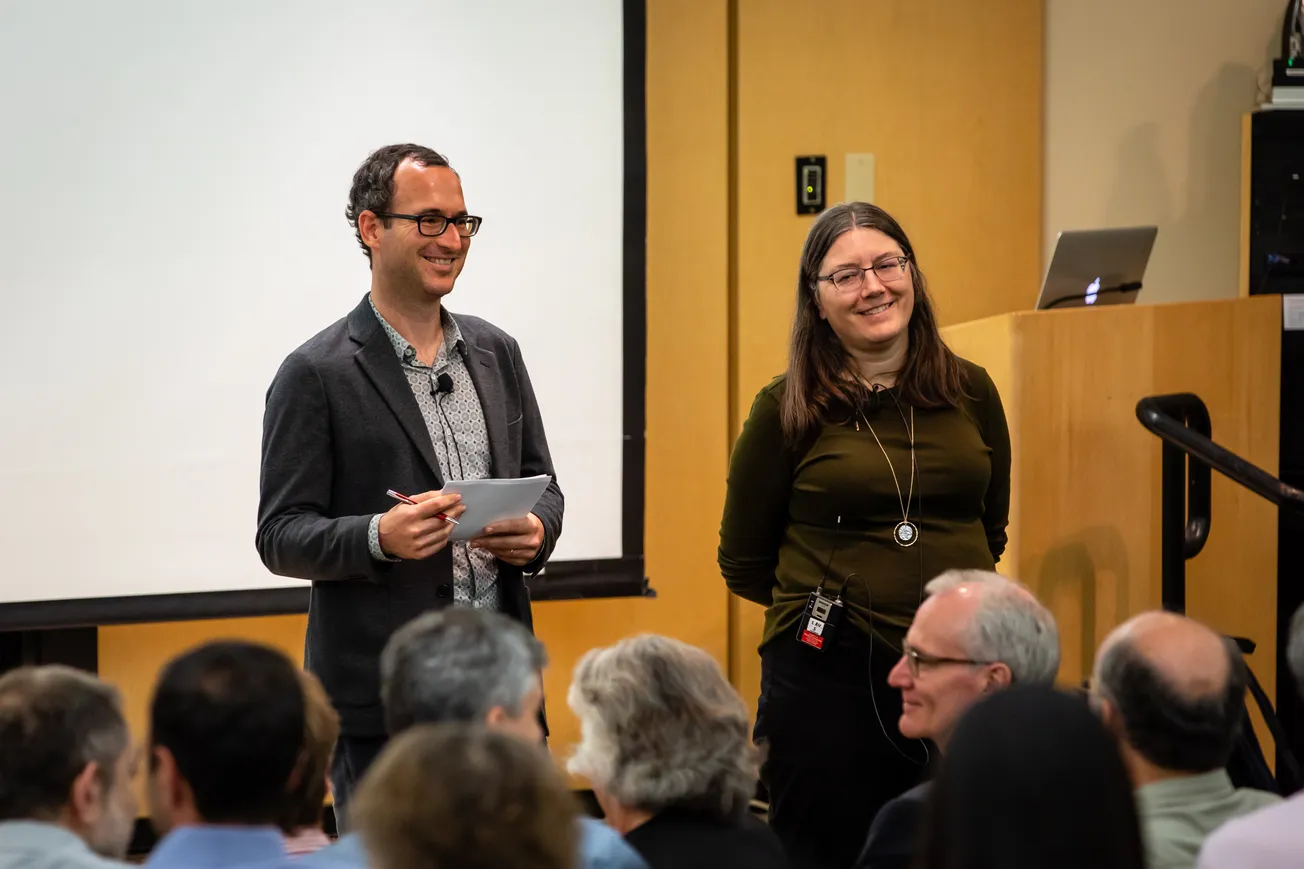Table of Contents
When I first got to Stanford, I expected an environment characterized by relentless risk taking and exploration of the unknown. Yet while navigating my first quarter, I’ve experienced something different.
Dinner conversations on the ethics of technology have devolved into discussions of how to optimize ad targeting algorithms. Many classmates I’ve encountered are already spending the bulk of their free time applying to prestigious tech summer programs. These interactions have made me question the extent to which Stanford’s culture is still centered on discovery and adventure.
Yet the two Long-Range Planning proposals debated at last month’s Faculty Senate meeting give me hope that Stanford is taking steps to address its slide into vocationalism. Both of the proposed policies are fundamentally good ones. They will help reinvigorate Stanford’s emphasis on interdisciplinary thinking and intellectual vitality.
The first proposal is a shared three-quarter liberal arts sequence for freshmen. Though not perfectly designed, it will introduce students to the idea of a liberal education and hopefully convince them to take more writing classes throughout their time at Stanford.
To those who point to inadequacies in the existing PWR sequence as evidence for why a redesigned first-year experience won’t be effective, I agree that those concerns are valid. Yet unlike the fragmented nature of PWR coursework, the thematic focus of the new proposed sequence is an important step in the right direction. It will give students a more unified view of the humanities.
Still, by itself, the proposed first-year core isn’t sufficient. Relying on just three quarters of classes risks abandoning the development of students’ ethical and critical thinking capabilities after their freshman year.
This is why the second proposal, which involves limiting the unit counts for all majors to between 60 and 95 units, is critical. The major unit cap will give students wide latitude in picking courses for all four years of their undergraduate education.
Engineering and STEM majors once burdened by the weight of onerous unit requirements will now find themselves able to interface with fields such as philosophy, politics, and history. While it is undeniable that engineering and technology serve as extremely useful problem-solving tools, we should not rely on them to point us to the problems worth solving.
That's where the humanities come into play. Analyzing the arc of history, studying the development of great ideas, and asking questions that do not have immediate answers are how society has found inspiration for the moonshots that define our modern world.
Moreover, human progress is NP-Hard. Creating truly meaningful and remarkable advances cannot be done by devolving everything into polynomial-time solutions. In other words, trying to propel the human race forward by optimizing the heck out of every problem isn’t going to move the needle on human accomplishment.
In fact, Stanford’s engineers are well known for growing beyond their technical skill-sets and becoming founders, investors, and thought leaders in their fields. As questions surrounding the impact of technology on human social fabric become more prominent in national and international debates, giving students more academic freedom will ultimately help distinguish Stanford students from peers who study at vocational institutions like Georgia Tech and UC Berkeley.
I hope that Stanford students will use the proposed major unit caps to explore fields of interest beyond their own and consciously seek out unique sources of knowledge. If Stanford is to maintain and expand its role in defining the 21st century, then more policies like the major unit cap need to be discussed, approved, and celebrated.









